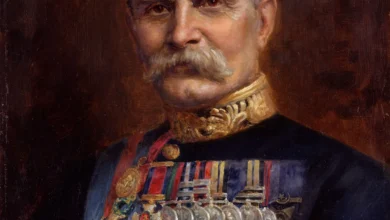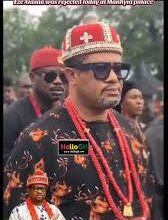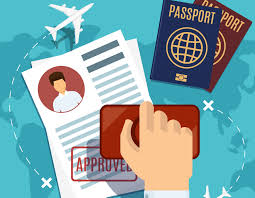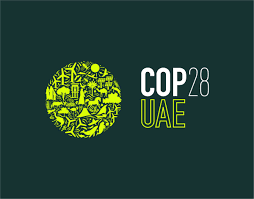CSO Trains Abuja Original Inhabitants on Human Rights Protection
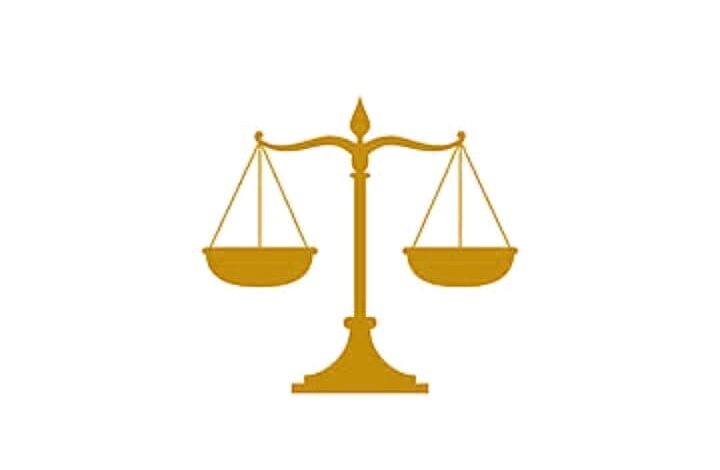
By Samuel Ogunsona
Lawyers Network for the Protection of the Rights of the FCT Original Inhabitants has empowered Abuja Original Inhabitants with knowledge on human rights violations and mechanisms for protection.
The Original Inhabitants of Abuja have faced systemic discrimination, particularly in regards to land ownership, economic and political rights.
Despite being the earliest settlers of the Federal Capital Territory (FCT), they have been stripped of their land rights, with total control over their ancestral land.
This has led to forced evictions, demolition of homes, and denial of compensation, further marginalizing the indigenous communities.
The training, which was initially planned as a two-day event but was later changed to a one-day program, took place at Dalchifit Hotel in Abuja on Wednesday, October 22, 2025.
The training brought together leaders of various Abuja Indigenous communities, various organizations, including the Network of Journalists on Indigenous Issues (NEJII) and other key groups focused on indigenous rights.
Professor Nuhu Musa Idris, Secretary of the Lawyers Network for the Protection of the Rights of FCT Original Inhabitants, in his opening remark welcome the participants and outlined the training’s objectives.
According to him, part of the goal was to equip organizations and Abuja’s Original Inhabitants with the knowledge of the law.
Dr. Sylvanus Gbendazhi Barnabas, a law lecturer from Nile University, Abuja, served as the first facilitator. He delivered a presentation on human rights violations and mechanisms for protecting the rights of Abuja’s indigenous people.
He pointed out that the Nigerian Constitution has denied the indigenous people of Abuja some of their fundamental human rights, citing the disparity in land ownership and control between the Federal Capital Territory (FCT) and other states.
According to him, while the Constitution grants Governors of other states sovereignty over their land, the FCT is an exception, with land ownership vested in the Federal Government.
“The Constitution grants Governors across Nigeria sovereignty over their land, but makes an exception for the FCT, placing its land under Federal Government control. This is a clear case of discrimination.” He said.
He also noted that international bodies, including the United Nations, recognize the term “Indigenous Peoples” rather than “Original Inhabitants”, highlighting the need for alignment with global standards.
Aba Ahmed, CHRISED Legal Adviser, highlighted the human rights challenges faced by Abuja’s Original Inhabitants and suggested effective mechanisms for addressing these issues.
“The media is a potent tool in today’s digital age,” he said.
“Video and photo evidence are essential for exposing human rights violations to a global audience.”
Ahmed also stressed the importance of engaging traditional rulers in the fight against human rights abuses.
“When traditional rulers are convinced about an issue, solutions often become more attainable,” he noted. “Their involvement is crucial and cannot be overstated.”
Additionally, Ahmed advised Original Inhabitants to actively participate in public hearings and submit memoranda to legislative committees.
He expressed concern about their absence from recent public hearings, citing the tax reform issue as a prime example. “I’m surprised that no Original Inhabitants were present to provide input on how the tax reform could impact them, either positively or negatively.”
Prof. Nuhu Musa in his word categorized human rights into three generations – first, second, and third – as per the constitution, and explained how these can be leveraged as a framework to protect and advocate against human rights violations.
However, the training provided a platform for participants to engage with resource persons and discuss ways to address human rights challenges facing the Original Inhabitants of the Federal Capital Territory.

